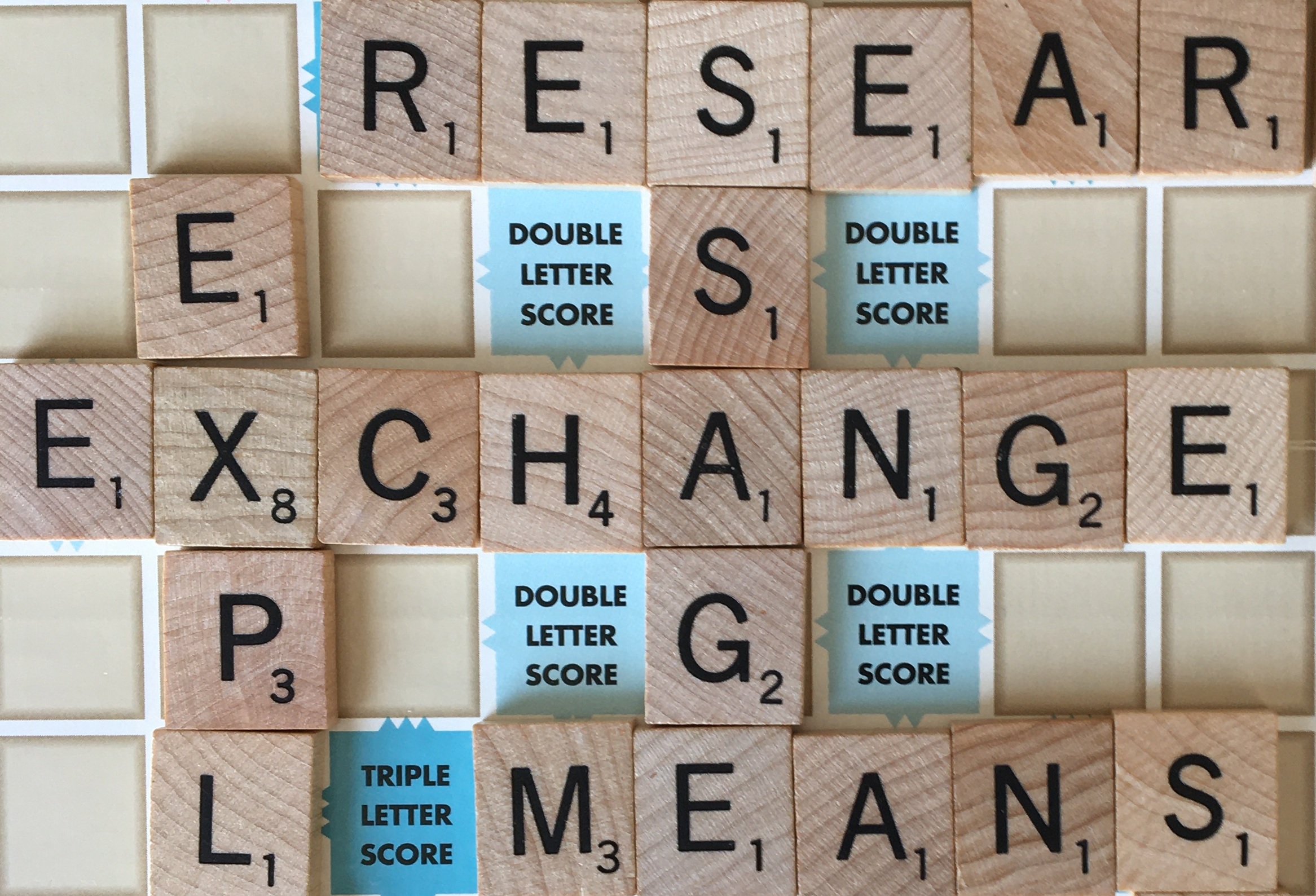Read the Research No. 1
The reading is all you've got.
Or, what else might you call the research which others have conducted? It's papers, isn't it? All of it is papers. The research is in the literature, or it's not research at all.
Therefore I say, the reading is all that you or any other researcher have got to go on. That's why so much effort is put into the writing of papers, because papers are the representatives which authors send into a research community to, in their stead, tell and explain the research. The readers of the community do not have the benefit of the authors being there with them as they read in order to explain and expand on points which the text itself leaves unfinished or unclear. No, the readers have the paper, and that's it, nothing else.
Therefore I claim that the true source of the writing on any topic in security and privacy is actually the reading. The true reason why every researcher writes their research is because the wider their circle of readers, the more value accrues to the contribution made by their paper.
(Now, you may disagree here. In fact, I invite you to. Please write me. And be assured, I will be posting here often about this issue anyway, namely, whether the value of a finding relates to the reach of a paper.)
Right, so the literature is the research. The corollary is this: The reading side to the research must be conducted with the exact same care as is conducted the technical side to the research. It will not do that researchers say, But I'm no text expert. My background is machine learning... is explainability... is anonymization... is Federated Learning.
Sorry, but if you do research, your background is text too. Text is the thing which researchers read, and the reading done by researchers is the source of all knowledge and all thinking in security and privacy. That makes text as much a part of the research as is the code, the math, the experimental design, the evaluation of the results, and all the rest of it.
Let me ask you this. When you read the text of a paper, for example, when you are dug in to the Evaluation, how is it that you do the labor there of transforming that presentation of results into your own judgment and appreciation of the real and actual results as obtained by the researchers? Well, you may be thinking, I read it just as I'd read any other text. What's the big deal? I will tell you what the big deal is. The big deal is that research text is not the same as other sorts of text, not the same in form, not the same in function, not the same in the purposes the text pursues, not the same in the effects the text causes.
Just think. Research findings influence decision-making on security applications. People's lives may be on the line, and that's no joke! And even without applied scenarios adding weightiness to the text of research, science is itself the pursuit of truth, and that is a pursuit which places very high demands upon the written language. One wrong word will be as detrimental to a proposition as will be one wrong symbol to an equation. Science requires text that is clear because the text is accurate.
The effects of text for research purposes are big, and again, these effects are caused by the place which text occupies in the thinking process and in the experimenting process and in the citations phase and in the applications phase. If at any one point even just a single word or sentence or paragraph can be read in multiple ways, or perhaps not read clearly at all — well, the consequence is that every follow-on phase or stage of the scientific endeavor falls that bit shorter of the truth or meets that many fewer of the application specs. Those are effects that are real and big.
Therefore, as the reader of research, you undertake the weighty obligation of doing the reading like a text expert. It is your job to read exactly what the authors have written. You shall not add to their meaning things that you can guess at; you shall not subtract from their meaning things that you would suppose of.
Like a lawyer, you must give the text a reading that is scrupulous, that is correct, that is meticulous, that is even fussy. Yes, you are called upon to be fussy! Play lawyer to the plea entered by the authors. You accept or reject the plea upon the grounds of their case in the writing. Words that are unclear will only ever be unclearly true. Thinking that is incomplete will only ever be incompletely true.
Remember, it's not your place to assist the authors or to supplement the text with your own thinking on the matter. Your own thinking on the matter is your research. Their research, on the other hand, shall be only that which they say in text. That is all the authors have to tell their research with, their text. And all that you've got is your reading.
Please email comments or questions to daniel.shea∂kit.edu
This blog is for you.

